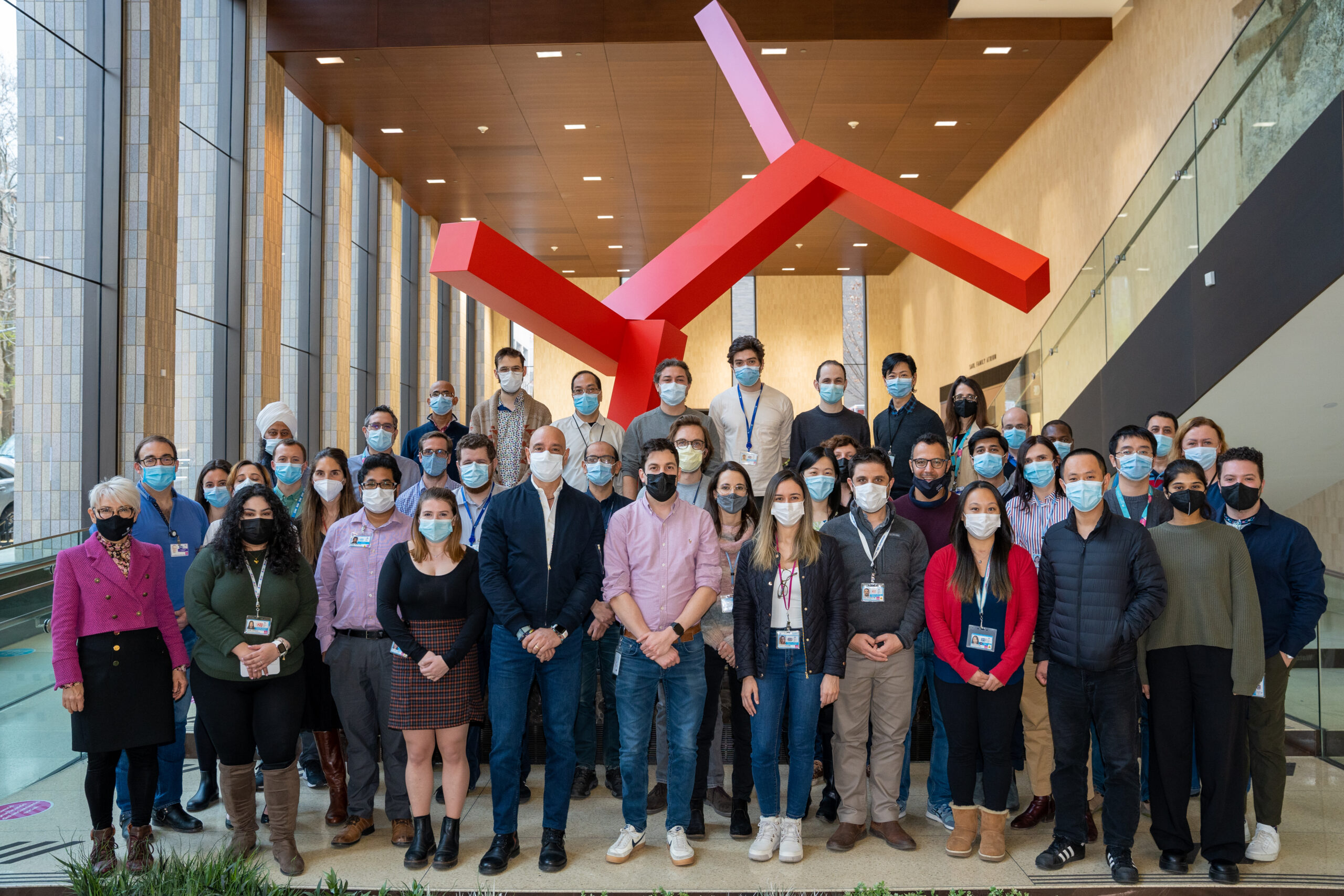
About Us
The BioMedical Engineering and Imaging Institute (BMEII) at the Icahn School of Medicine at Mount Sinai focuses on the use of multimodality imaging for brain, heart, and cancer research, along with research in nanomedicine for precision imaging and drug delivery. Our team conducts cutting edge research and serves as a research catalyst for a new generation of translational and molecular imaging methodologies to advance human health.
Now in its 10th year, the BMEII Symposium highlights the multidisciplinary nature of our institute and facilitates exchanges between innovators across the globe in the areas of biomedical imaging, nanomedicine, artificial intelligence, and wearable technology.
Registration
To register for the event, please visit our Eventbrite page here. Note: All attendees must show proof of vaccination.
For sponsorship opportunities, please contact [email protected] and [email protected].
Call for Abstracts
Deadline: March 16, 2022, 11:59 PM ET (extended)
In order to submit an abstract, you must register for the event. You will need to provide the 10 digit code of your ticket. Please use the provided abstract and submission form below.
The Speakers

Tessa Sundaram Cook, MD, PhD
University of Pennsylvania
Dr. Cook is an Assistant Professor of Radiology at the Perelman School of Medicine at the University of Pennsylvania in Philadelphia. She has a strong background in imaging informatics, having completed her doctoral work in quantitative image processing in the Penn Image Computing and Science Laboratory (PICSL). During her residency, Dr. Cook developed RADIANCE, only the second open-source radiation exposure monitoring tool used worldwide. She is an active member of multiple radiology societies, including the SIIM, ACR, AUR, and RSNA. She received one of the 2011 E. Stephen Amis, Jr. Fellowships in Quality and Safety from the ACR. She was one of the four AUR GERRAF fellows for 2013-2015. Dr. Cook currently enjoys an academic appointment in radiology that enables her to continue her clinical work in cardiovascular imaging and research in imaging informatics. She is the director of the Imaging Informatics Fellowship in the Department of Radiology, as well as the clinical director of the 3-D and Advanced Imaging Laboratory. She also co-directs the Center for Practice Transformation in Radiology. In 2020, Dr. Cook was inducted into the College of SIIM Fellows and received the inaugural Dr. Ruth Dayhoff Award for the Advancement of Women in Medical Imaging Informatics. She is currently the Chair-Elect of SIIM. Dr. Cook’s current research sits squarely at the intersection of imaging informatics and health services. In her various roles, she is pursuing innovative methods to enhance the delivery of longitudinal patient care in radiology and improve radiologists’ workflow.
Toby Cosgrove, MD
Cleveland Clinic
Toby Cosgrove, MD, is former CEO and current Executive Advisor of Cleveland Clinic. He is Strategic Advisor to Care Centrix, Senior Advisor of Innova Health Partners, and is Member of the Board of Directors of Cleveland Clinic Abu Dhabi, American Well, and Hims & Hers. As an expert on health issues, he is a frequent commentator in national and international media.
As CEO and President of Cleveland Clinic from 2004 through 2017, he led the $8 billion organization to new heights of achievement and efficiency, seeing it ranked the #2 hospital in America (U.S. News). In his role as Executive Advisor, he is working with Cleveland Clinic leadership on strategies for national and international growth.
Dr. Cosgrove graduated from Williams College and the University of Virginia School of Medicine. He trained at Massachusetts General Hospital and Brook General Hospital in London. In 1967, he was a surgeon in the U.S. Air Force, earning a Bronze Star.
Dr. Cosgrove joined Cleveland Clinic in 1975, and chaired the Department of Thoracic and Cardiovascular surgery from 1989 to 2004. He performed over 22,000 operations and earned an international reputation in valve repair. He holds 30 patents for medical innovations. As CEO from 2004 to 2017, he reorganized services, improved outcomes and patient experience, and strengthened the organization’s finances.
He is a member of the National Academy of Medicine, and a Fellow of the National Academy of Inventors. In 2016, he was a Fortune Businessperson of the Year (No. 14). Three successive presidents of the United States have consulted him on healthcare issues.

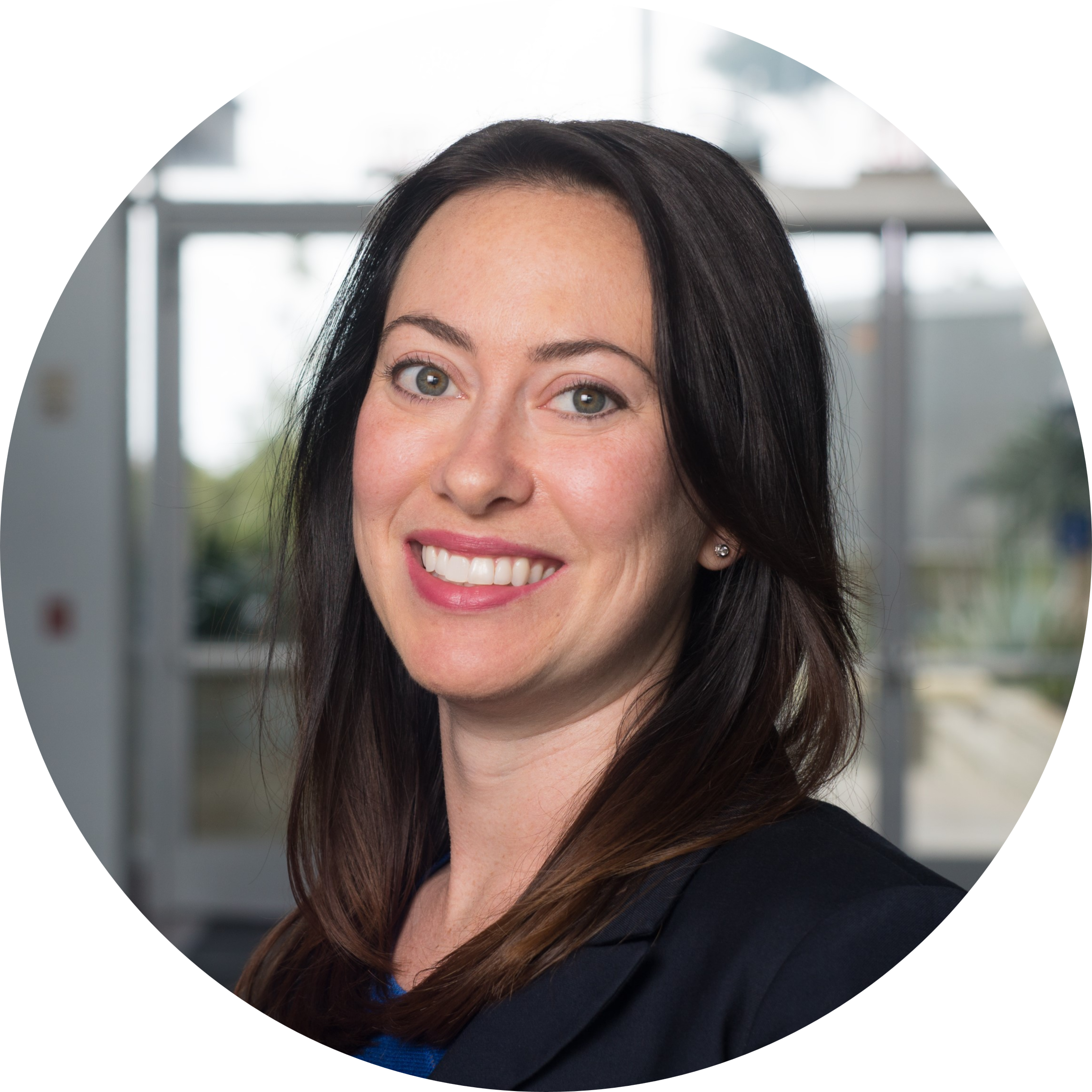
Stephanie I. Fraley, PhD
University of California, San Diego
Dr. Stephanie I. Fraley is an Associate Professor of Bioengineering at the University of California, San Diego. She earned her B.S. in Chemical Engineering in 2006 from The University of Tennessee, Chattanooga and her Ph.D. in Chemical and Biomolecular Engineering in 2011 from The Johns Hopkins University. She has contributed fundamental knowledge in the fields of 3D cell migration and molecular detection technology, for which she received a Burroughs Wellcome Fund Career Award at the Scientific Interface and was named a SAGE Bionetworks Scholar, Kavli Frontiers of Science Fellow, NSF CAREER awardee, Biomedical Engineering Society Rising Star in Cellular and Molecular Bioengineering, and Biomaterials Science Emerging Investigator.
A primary focus of the Fraley lab is to develop molecular detection technologies that address critical unmet needs for infectious disease diagnosis and surveillance. In light of the current pandemic, it is not difficult to see why such research is critical for effective patient treatment, prevention of disease spread, and the detection and tracing of novel variants. The Fraley lab is working to bring a new age of rapid, broad-based, quantitative, and inexpensive technology to address these challenges. They have built and characterized a novel platform that is capable of accomplishing rapid and broad pathogen identification, with sensitivity to the single genome level and the ability to characterize mixed infections. These capabilities are achieved by innovating digital PCR with DNA melt analysis concepts with “big data” and machine learning frameworks. Their ongoing work uses this approach to automatically detect both known and novel emerging pathogens with clinically impactful speed, sensitivity, and specificity.
James Dahlman, PhD
Georgia Institute of Technology
James Dahlman is the McCamish Early Career Associate Professor in the Department of Biomedical Engineering at Georgia Tech and Emory School of Medicine. His lab works at the interface of chemical engineering, genomics, and gene editing by applying big data approaches to nanomedicine. His trainees have developed DNA barcoded nanoparticles to measure how hundreds of nanoparticles deliver mRNA and siRNA in multiple cell types from a single animal in vivo, and the lab uses these approaches to deliver RNA outside the liver without targeting ligands. James was a co-founder and Board Chairman of Guide Therapeutics, which was acquired by Beam Therapeutics.
James has published in Nature, Nat Nano, Nat Biotech, Nat BME, Nat Metabolism, Nat Rev Cancer, Nat Rev Genetics, Science, Science Translational Medicine, Cell, Scientific American, and other high-impact journals. He has won awards including the BMES Rita Schaffer Award, ASGCT Outstanding New Investigator Award, Georgia Tech Outstanding Achievement in Early Career Research Award, Tech Review TR35, Controlled Release Society GDGE Award, and had his barcoding work described as a Top 10 Emerging Technology by the World Economic Forum. James received a B.S. in Biomedical Engineering from Wright State in 2009, a Ph.D. in 2015 from the Harvard-MIT HST Program, where he studied with Robert Langer, and as an LSRF post-doc, studied CRISPR-Cas9 with Feng Zhang.
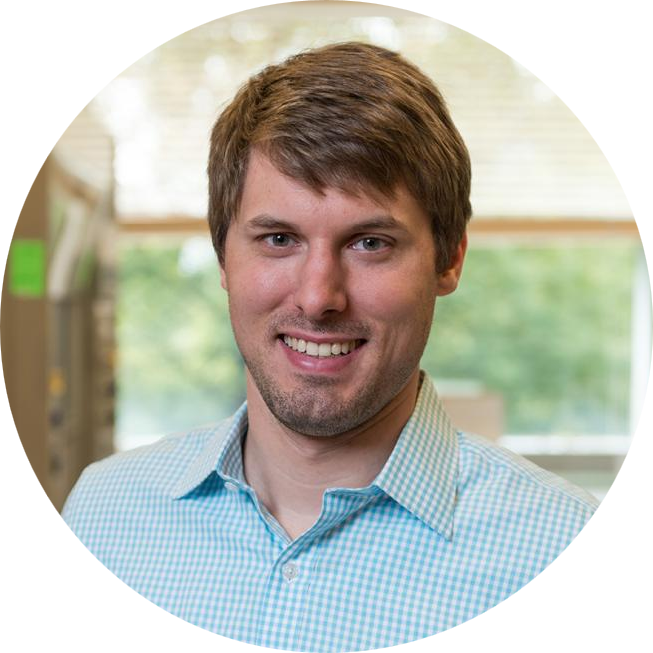
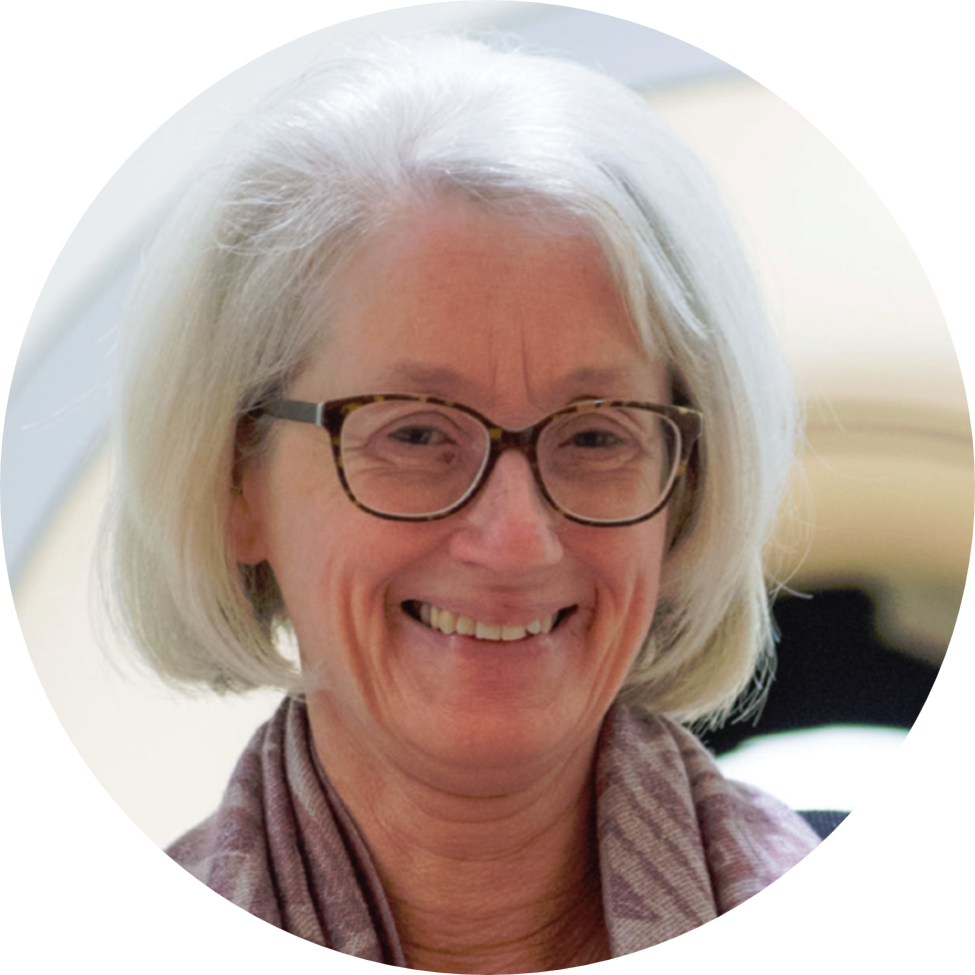
Penny Gowland, PhD
University of Nottingham
I work on developing and applying quantitative MRI to solve biomedical questions. I exploit the capabilities of ultra-high field MRI in neuroscience, developing methods for studying neurodegeneration, and using the increased contrast to noise ratio available at ultra-high field to study ‘single trial’ fMRI of changing brain function, and to develop techniques to probe the origin of the BOLD effect which is responsible for fMRI. I am the physics lead on a unique interdisciplinary project which has developed MRI methods to study many features of gastrointestinal (GI) function using standard clinical MR scanners; this could revolutionize the diagnostic pathway for patients with GI problems. I have used MRI to develop new understanding about the function of the human placenta and I have a strong interest in applying quantitative imaging methods to studying human development particularly in the fetus. The GI and placental work will both benefit for upright scanning and I am now undertaking a project aimed at maximizing the capability of low field, open MRI. Finally I have a long term interest in studying the safety of MRI.
Tim Leiner, MD, PhD
Mayo Clinic & Utrecht University Medical Center
Prof. Tim Leiner is a cardiovascular radiologist at Mayo Clinic, Rochester, MN and a Professor of Radiology at Utrecht University Medical Center, Utrecht, The Netherlands. He received his M.D. in 2000 from Maastricht University Medical School. In 2002 he obtained his Ph.D. from the same University. Following his Ph.D. he spent 18 months as a postdoctoral research fellow at the Cardiac MR Center at the Beth Israel Deaconess Medical Center / Harvard Medical School in Boston under Dr. Warren Manning. He then completed his Radiology residency at Maastricht University Medical Center, during which he spent 3 months at the Vascular Imaging Laboratory at the University of Washington, Seattle, WA under Professors Jeffrey H. Maki and Chun Yuan.
His research interests center around the development and implementation of new cardiovascular MR and CT techniques. Dr. Leiner has served as faculty member and member of the organizing committees at the annual meetings of the International Society for Magnetic Resonance in Medicine (ISMRM), European Society for Magnetic Resonance in Medicine and Biology (ESMRMB), Society for Cardiovascular Magnetic Resonance (SCMR), European Society for Cardiovascular Radiology (ESCR), Society for cardiovascular Computed Tomography (SCCT), European Congress of Radiology (ECR), Radiological Society of North America (RSNA), and at annual meetings of the Dutch Radiological Society. He has chaired the Scientific Program Committee of the ESMRMB in 2017. Dr. Leiner has served on the Editorial Boards of European Radiology, the Dutch Medical Journal and the Journal of Cardiovascular Magnetic Resonance (JCMR). He currently is Associate Editor of the Journal of Magnetic Resonance Imaging (JMRI) and Radiology – Cardiothoracic. Dr. Leiner has served on the Board of Trustees of the ISMRM from 2006-2009 and the Board of Trustees of the Society for Cardiovascular Magnetic Resonance (SCMR) from 2016-2019. He is the author of over 350 original papers, review articles and book chapters as well as editor of several electronic radiology textbooks. He is the immediate past president of the ISMRM.
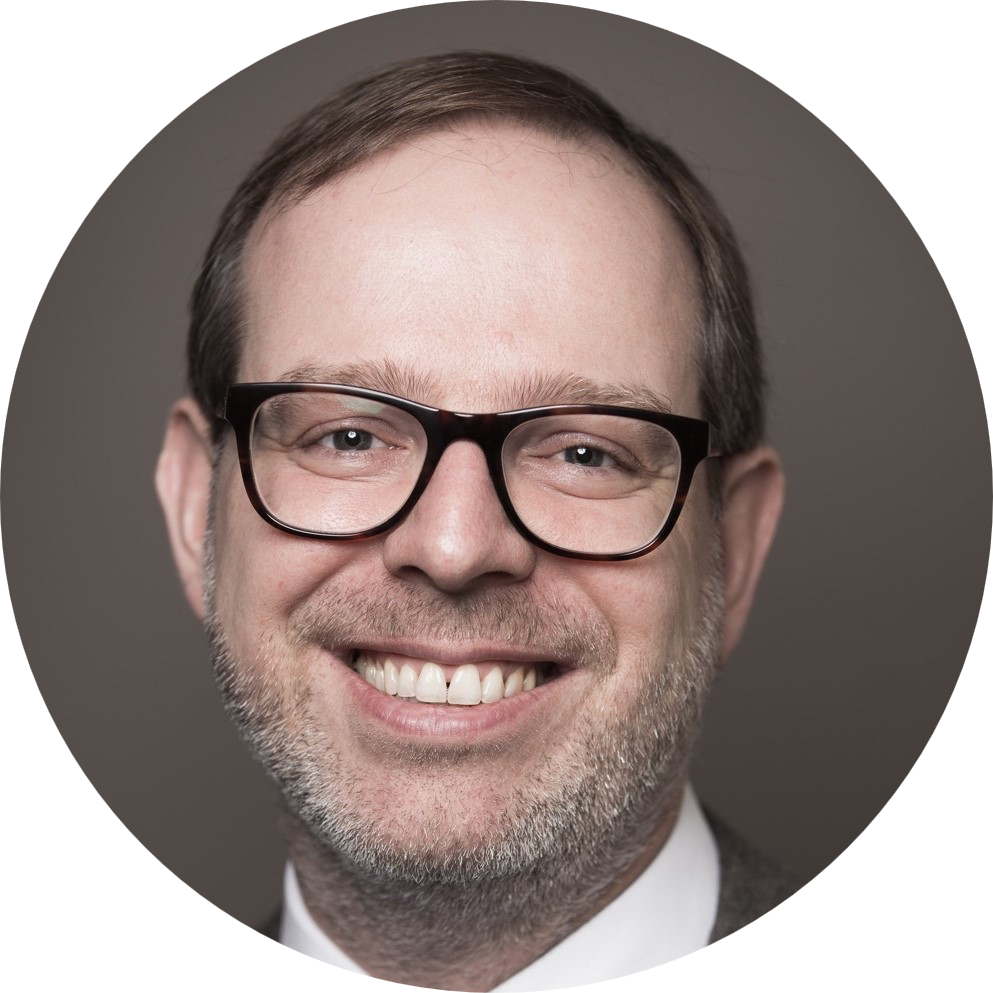
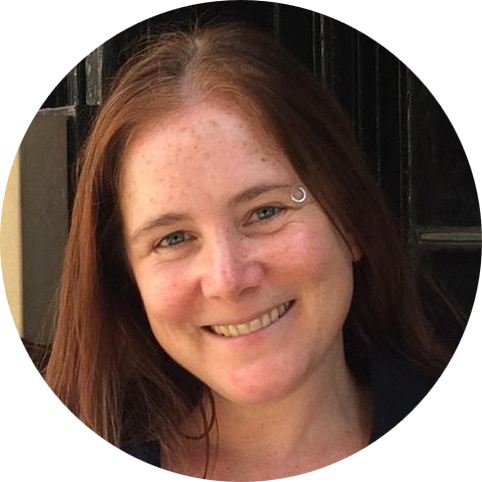
Karla Miller, PhD
University of Oxford
Dr. Miller works on developing and applying quantitative MRI to solve biomedical questions. She exploits the capabilities of ultra-high field MRI in neuroscience, developing methods for studying neurodegeneration, and using the increased contrast to noise ratio available at ultra-high field to study ‘single trial’ fMRI of changing brain function, and to develop techniques to probe the origin of the BOLD effect which is responsible for fMRI. Dr. Miller is the physics lead on a unique interdisciplinary project which has developed MRI methods to study many features of gastrointestinal (GI) function using standard clinical MR scanners; this could revolutionize the diagnostic pathway for patients with GI problems. Additionally, she has used MRI to develop new understanding about the function of the human placenta and has a strong interest in applying quantitative imaging methods to studying human development, particularly in the fetus. She is currently working on a project aimed at maximizing the capability of low field, open MRI, and has a long term interest in studying the safety of MRI.
William H. Morris, MD MBA FACP
Health Care and Life Science Executive, Google Cloud
Dr. William Morris is a Healthcare and Life Science customer executive at Google Cloud. He is focused on enabling HCLS partners to successfully adopt, deploy and scale transformative digital solutions. He was previously the Executive of Cleveland Clinic Innovations and Ventures at Cleveland Clinic and the Associate Chief Information Officer. He had oversight of design, development, and deployment of all clinical IT systems and health IT innovations, as well as all commercialization and business development functions.
Dr. Morris earned his medical degree from Case Western Reserve University School of Medicine and completed training in Internal Medicine at Beth Israel Deaconess Medical Center, Harvard Medical School. He also received his MBA in 2017 from Case Western Reserve University Weatherhead School of Management. Dr. Morris also continues to practice medicine.
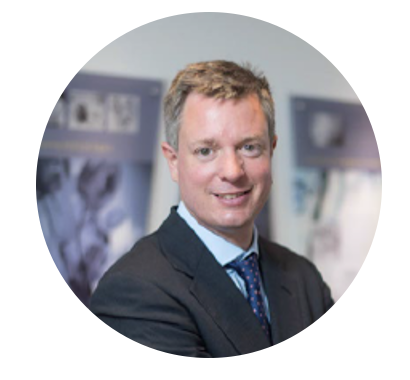
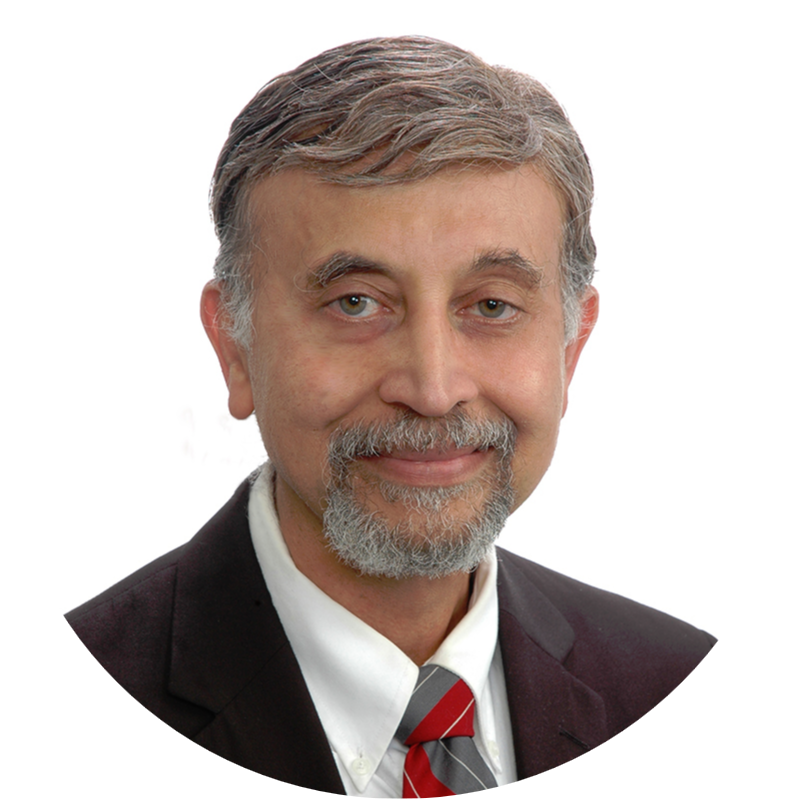
Nitish V. Thakor, PhD
Johns Hopkins University
National University of Singapore
Nitish V. Thakor is a Professor of Biomedical Engineering, Electrical and Computer Engineering and at Johns Hopkins University since 1983. He also joined the National University of Singapore in 2012 and served as the Founding Director of Singapore Institute for Neurotechnology (SINAPSE). Prof. Thakor’s technical expertise is in the fields of Medical Instrumentation and Neuroengineering, where he has carried out research on many technologies for brain monitoring, implantable neurotechnologies, neuroprosthesis and brain-machine interface. He has published over 430 refereed journal papers (GH Index 86), obtained 16 US and international patents and co-founded 3 active companies. He was previously the Editor in Chief of IEEE Transactions on Neural Systems and Rehabilitation Engineering, and currently the EIC of Medical and Biological Engineering and Computing (Springer/Nature). He is the Editor of an upcoming authoritative reference Handbook of Neuroengineering. Prof. Thakor is a recipient of the Technical Achievement Award (Neuroengineering) as well as the Academic Career Award from the IEEE Engineering in Medicine and Biology Society. He received a Research Career Development Award from the National Institutes of Health and a Presidential Young Investigator Award from the National Science Foundation, and is a Fellow of the American Institute of Medical and Biological Engineering, Life Fellow of IEEE, Biomedical Engineering Society, and International Federation of Medical and Biological Engineering. He is a recipient of a Distinguished Alumnus Award from Indian Institute of Technology, Bombay, India, and a Centennial Medal from the University of Wisconsin School of Engineering. He was elected to the National Academy of Inventors in 2021.
Robbie Freeman, RN, MSN, NE-BC
Vice President of Clinical Innovation & Chief Nursing Informatics Officer, Mount Sinai Health System
Robbie Freeman, RN, MSN, NE-BC, is Vice President of Clinical Innovation and Chief Nursing Informatics Officer (CNIO) at the Mount Sinai Health System. In this role, he drives the technology strategy to support nursing practice and patient care across the hospital and ambulatory care settings, leveraging technology such as machine learning, artificial intelligence, and virtual care. He also oversees the clinical data science and digital engagement teams and leads the nursing informatics team.
During his time at the Mount Sinai Health System, Mr. Freeman has held a variety of roles. He started on the front lines, providing bedside patient care. He has held several leadership roles focusing on quality, technology, and hospital operations. His most recent role was as Vice President of Clinical Innovations at The Mount Sinai Hospital, where he built machine learning products to improve patient safety and hospital operations. Before that, he served as Senior Director of Clinical Operations for The Mount Sinai Hospital. He also leads a Health System-wide initiative focused on digital engagement to enhance the patient, family, and caregiver experience for hospitalized patients.
Mr. Freeman Chair’s the American Nurses Association (ANA) Advisory Board on Data Science and AI. He is pursuing his doctorate in nursing practice at Yale University, where his research interest is the application of artificial intelligence products in clinical workflows. He holds a Master of Science in business analytics from the New York University (NYU) Stern School of Business and a Master of Science in nursing, specializing in clinical systems management. He is also a graduate of the Phillips School of Nursing at Mount Sinai, where he serves on the Board of Trustees.
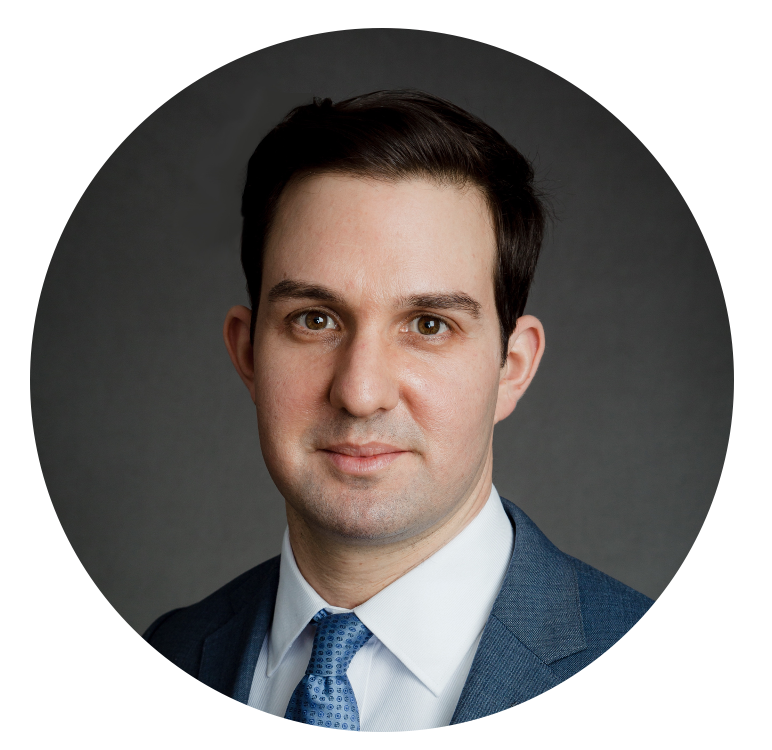
Program
To download this year’s program book, click here.
Wednesday, April 27, 2022
5:00pm Registered guests may pick up badges for entry
5:30pm Poster presentations
6:30pm Windows to Our Body art exhibition, auction, and reception
Thursday, April 28, 2022
8:00 AM Registration
8:30 AM Opening Remarks
Dennis S. Charney, MD
Anne and Joel Ehrenkranz Dean
Icahn School of Medicine at Mount Sinai
9:00 AM Fireside Chat: “Entrepreneurship & The Future of Healthcare”
Toby Cosgrove, MD
Executive Advisor, Former President and CEO
Cleveland Clinic
Moderated by William H. Morris, MD, MBA
Healthcare and Life Sciences, Google Cloud
9:45 AM Selected oral presentations
10:15 AM Coffee Break
10:45 AM “Population Neuroimaging in UK Biobank: How to Scan 100,000 People”
Karla Miller, PhD
Professor of Biomedical Engineering
University of Oxford
11:30 AM Selected Oral Presentations
12:00 PM “DNA Barcoded Nanoparticles: Thousands of Experiments at Once”
James Dahlman, PhD
Associate Professor of Biomedical Engineering
Emory Medical School
12:45 PM Lunch
1:45 PM “Universal Digital High Resolution Melting for Fast and Broad Pathogen Screening”
Stephanie Fraley, PhD
Associate Professor of Bioengineering
University of California, San Diego
2:30 PM “The Body in Action”
Penny Gowland, PhD
Professor of Physics, Faculty of Science
University of Nottingham
3:15 PM Afternoon Break
3:45 PM “Frontiers of Neurotechnologies: The Brain-Machine Interface Paradigm”
Nitish V. Thakor, PhD
Professor of Biomedical Engineering, Electrical Engineering, Neurology Johns Hopkins University
4:30 PM Debate: “Artificial Intelligence in Medicine: Moral and Practical Questions”
Tessa Sundaram Cook, MD, PhD, CIIP, FSIIM
Assistant Professor, Radiology
Perelman School of Medicine at the University of Pennsylvania
Tim Leiner, MD, PhD
Professor of Radiology
Mayo Clinic
5:15 PM Closing Remarks
Burton P. Drayer, MD
Charles M. and Marilyn Newman Professor and System Chair Diagnostic, Molecular and Interventional Radiology
Icahn School of Medicine at Mount Sinai
Call for Artwork

The kickoff event of the BMEII Symposium, Windows to Our Body, is an art exhibition featuring scientific art drawn from the creative expressions of scientists and trainees. All participants are encouraged to submit their work.
Deadline: March 16, 2022 11:59pm ET
News
[VIDEO] Aspen Ideas Festival: Dr. Fuchs and Dr. Fayad on Powering Medicine with Technology and Data Science
Zahi A. Fayad, PhD, Director of Biomedical Engineering and Imaging Institute sits down with Thomas Fuchs, DrSc, Dean of Artificial Intelligence and Human Health to discuss powering medicine with technology and data science. Click the image to watch the video.
[VIDEO] Dr. Zahi Fayad: Powering Medicine with Technology and Data Science
BMEII Director Zahi Fayad discusses the role of data science in medicine at the 2022 Aspen Ideas Festival. Click the image to watch the video.